Description
Latin Name: Gymnocladus dioicus
Other Common Names: Kentucky Coffee tree
Hardiness Zones: 3-8
Mature Size: Kentucky Coffee tree typically varies in height from 60-80 ft (18-24 m) tall with a spread of 40-50 ft (12-15 m). The crown shape ranges from irregular to oval or obovate (Missouri Botanical Garden). Its trunk can grow up to 3 ft (1 m) in diameter.
Preferred Soil and Climate: This tree thrives in rich, moist soils in full sun but can also tolerate drought and less fertile soils, including urban environments with pollution. It is native to the Midwest of North America, found in floodplains, river valleys, and occasionally rocky hillsides and limestone woods. Kentucky Coffee tree shows resilience to various environmental stresses including heat, cold, drought, insects, disease, road salt, ice, and alkaline soil (Missouri Botanical Garden).
Additional Notes: The leaves are bi-pinnate compound and large, growing up to 3 ft (1 m) long with 3-7 pairs of leaflets, each 1-3 in (2-8 cm) long. They are bluish-green and turn yellow in the fall. This species leaf’s out later in spring and sheds leaves early in fall. In late spring, it produces showy greenish-white flowers: male flowers in clusters up to 4 in (10 cm) and fragrant female flowers in 12 in (30 cm) panicles. Female flowers develop into reddish-brown pods that are flat, 3-10 in (7-25 cm) long and 1-2 in (2-5 cm) wide, containing sticky seeds (Virginia Tech). Pods mature in fall and persist on the tree through winter (Missouri Botanical Garden). The bark is dark gray-brown with a scaly texture that becomes fissured as the tree matures (Virginia Tech). The name “Kentucky Coffee tree” originates from Native Americans roasting crushed seeds for a coffee-like drink; however, raw seeds are highly toxic and inedible (Missouri Botanical Garden). In the northeastern part of its range, groves of this tree often mark prehistoric village sites or areas with limestone or calcareous soils. The wood, with minimal sapwood, is used by cabinet makers and carpenters. Kentucky Coffee tree casts minimal shade, though larger specimens provide light shade.
Common Issues: This tree is generally resistant to major diseases and problems (Missouri Botanical Garden).
Cold Stream Farm supplies Kentucky Coffeetree trees which are grown as bare root seedlings and transplants and sold both wholesale and retail with no minimum order.
Sources:
- Missouri Botanical Garden: Kentucky Coffeetree
- Virginia Tech: Gymnocladus dioicus

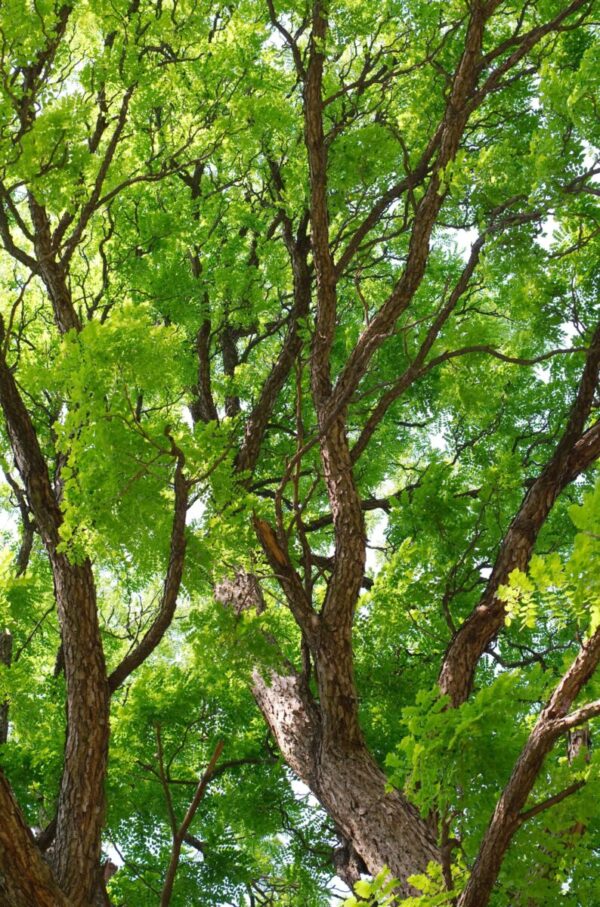
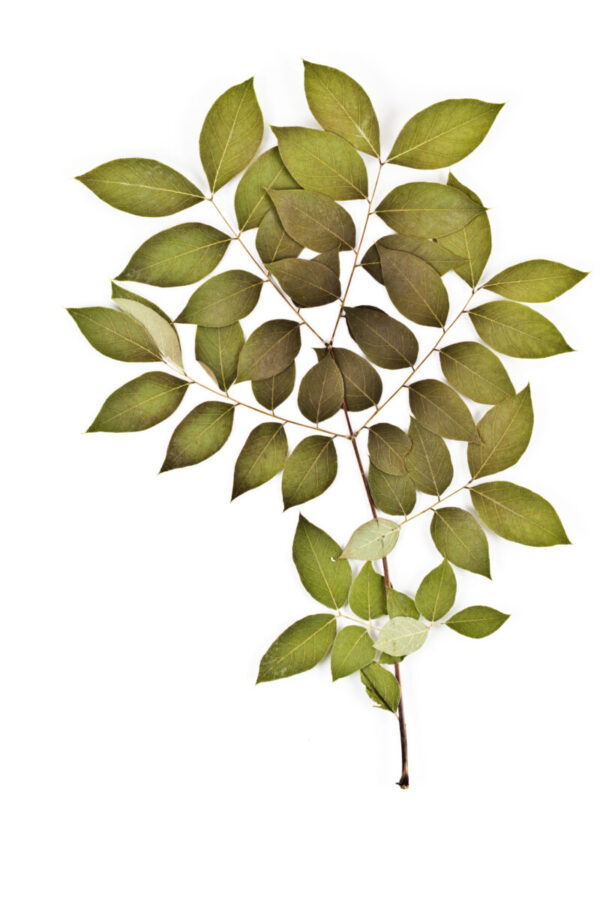
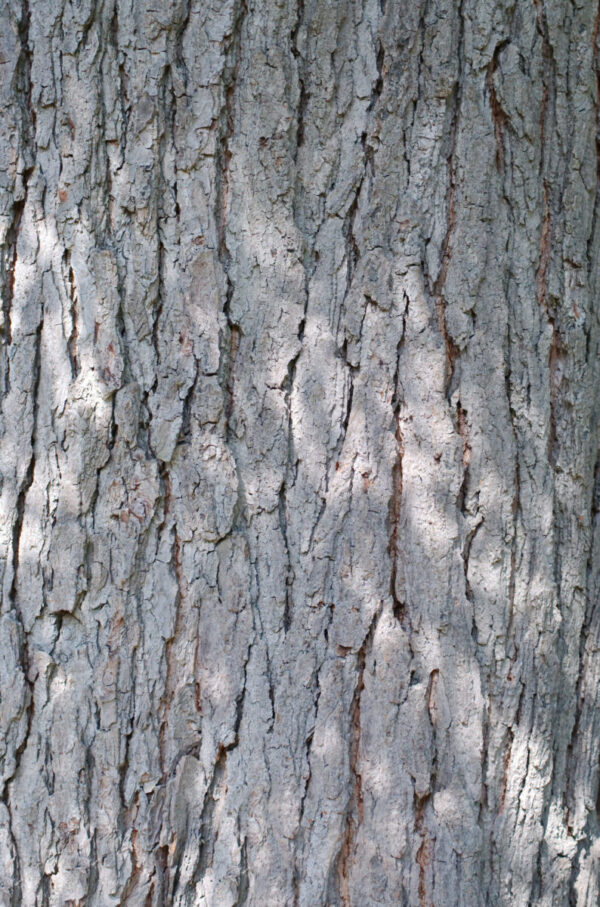
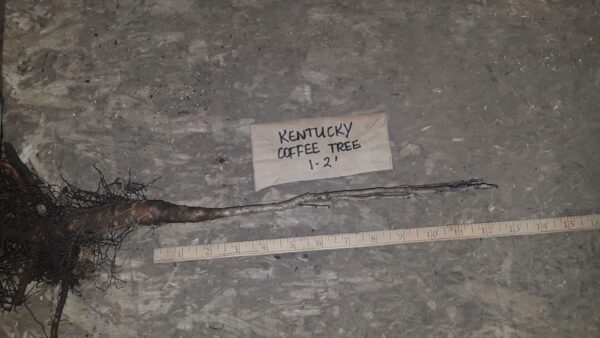
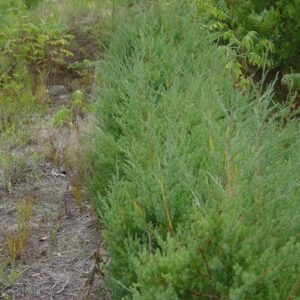
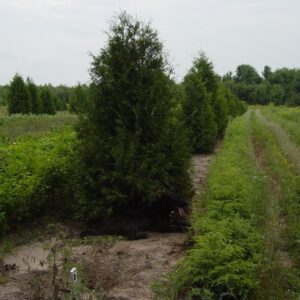
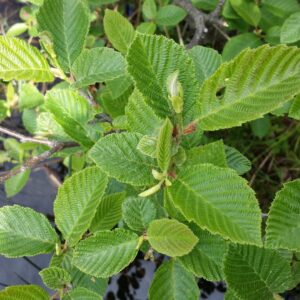
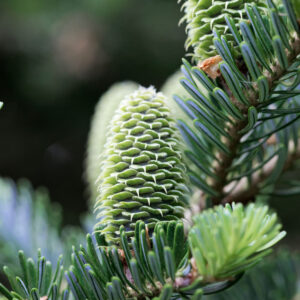
Reviews
There are no reviews yet.